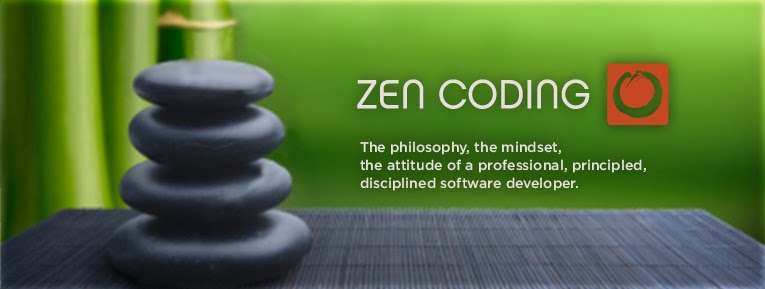Software developers are as varied in background, education, influences, and motivation as…well, as there are developers. Some come from a purely scientific or engineering background, very calculating and rigid, others from a more philosophic or artistic bent. Still others simply by way of an aptitude in symbolic logic and what I call “distance thinking”. But this melting pot of binary bending brain power does not include the single factor that is essential to art – emotion. That is not to say that we do not have passion or that we are not emotionally invested in our work; it is just not our intent.
Artisans use their art to express an emotion. The curve of a sculpture, a particular shade of color, the timbre of a note, the meter and wording of poetry or prose, are carefully selected in an attempt to wholly communicate, to actualize, to share the artist’s emotion. Code is not written for this purpose. Put simply, code addresses problems.
As developers, we are very much capable of evoking an emotional response from our clients. When a app crashes in production and people cannot work, or orders cannot be placed, and money is being lost – they certainly feel something, and have no qualms about sharing it. We are not artists, but what we do has an affect our clients’ emotional well being and contentment - and that is a very powerful responsibility.
I want my clients to wake up in the morning with butterflies in their stomachs, an excitement that causes them to get ready a little faster. While they are on the morning commute, they are in expectant anticipating of getting to the office to fire up their computers and get working in that new application that is such a pleasure to use and interact with that they are calling friends, family members, and co-workers to share their passion and enthusiasm for it.
Although our intent is not that of the artist, we can still have a profound and lasting emotional impact on our clients. Let us strive to make it a positive one.




